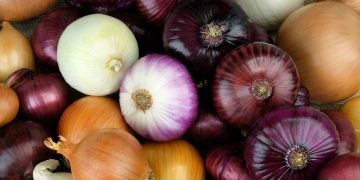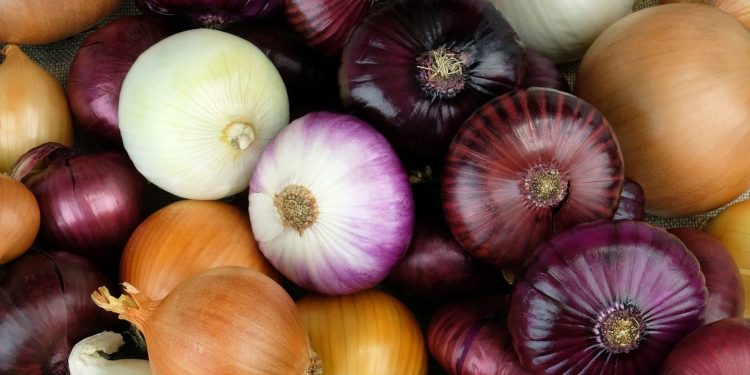#Agriculture #OnionImports #LocalFarmers #MarketStability #DepartmentofAgriculture #SamahangIndustriyangAgrikultura #NuevaEcija #PriceStabilization #ArmyWorm #Infestation #PhilippineAgriculture
The recent decision by the Department of Agriculture to suspend onion imports has brought relief to local farmers, particularly in Nueva Ecija.
As local onion growers gear up for the harvest season, the Department of Agriculture’s move to suspend onion imports couldn’t have come at a better time. The decision, welcomed by the Samahang Industriya ng Agrikultura (SINAG), aims to bolster the local market and ensure fair prices for farmers.
According to SINAG president Rosendo So, the suspension aligns with the onset of the onion harvest in Nueva Ecija, a crucial region for onion production in the Philippines. Farmers in the area have begun selling their white onions at prices ranging from P18 to P20 per kilogram, marking a promising start to the season.
The initiative comes amid concerns over the dominance of imported onions in local markets, driving prices down and undercutting the profitability of Filipino farmers. So emphasized the need for farm gate prices to reach at least P30 to P45 per kilo to sustainably support agricultural livelihoods.
Furthermore, the decision reflects a proactive approach to managing market dynamics, with an eye on preventing price volatility and ensuring the stability of the agricultural sector. The suspension is expected to remain in place until May, with the possibility of extension, providing a buffer for local farmers during the critical harvesting period.
Beyond market considerations, the move also addresses emerging challenges, such as the recent infestation of army worms in parts of Nueva Ecija. While concerns have been raised, So reassured stakeholders that the impact on overall onion supply remains minimal, with efforts underway to contain the infestation and safeguard future harvests.
The suspension of onion imports represents a strategic intervention to support local farmers, promote market stability, and safeguard the agricultural industry against external pressures. By prioritizing the interests of Filipino growers, policymakers demonstrate a commitment to nurturing a resilient and thriving agricultural sector.































